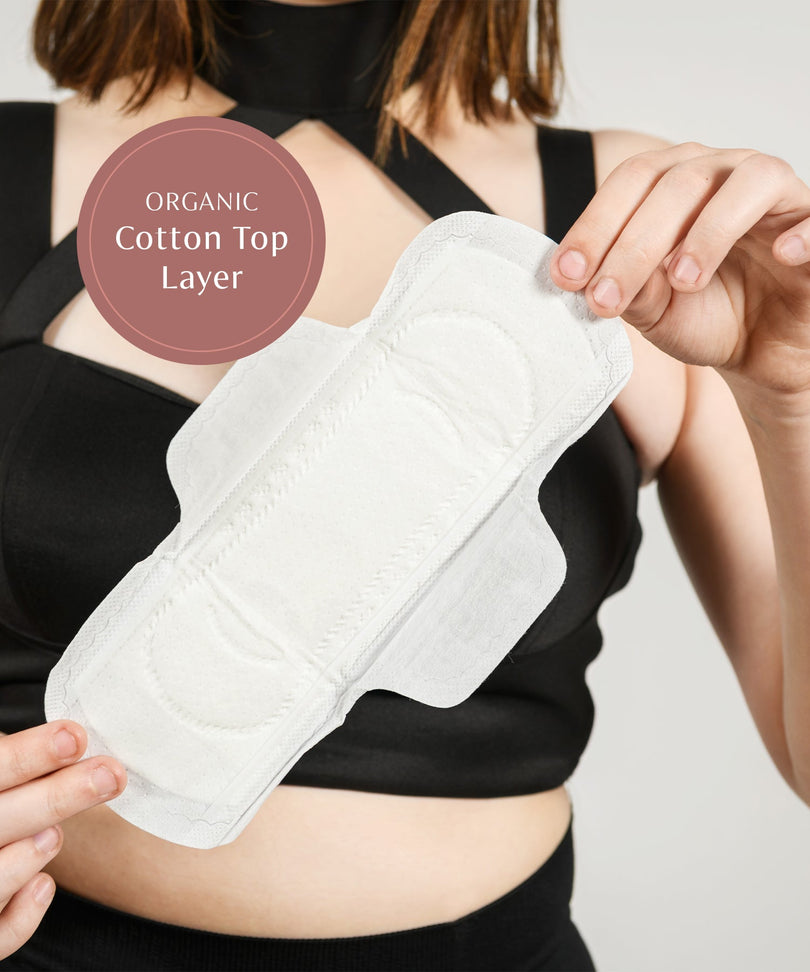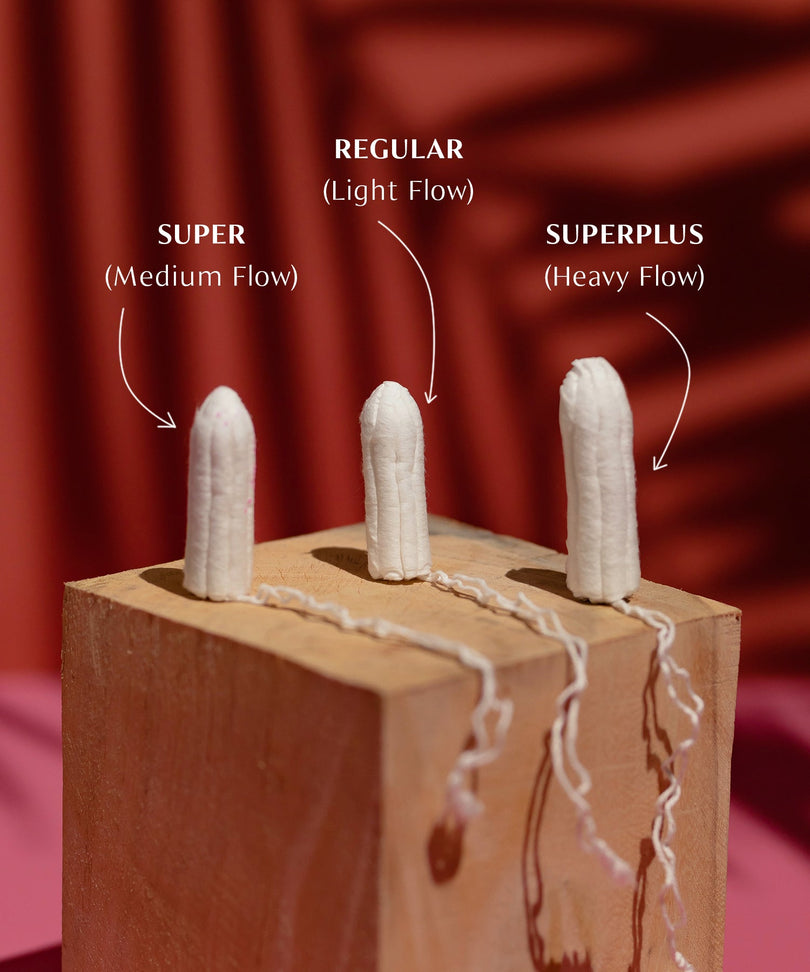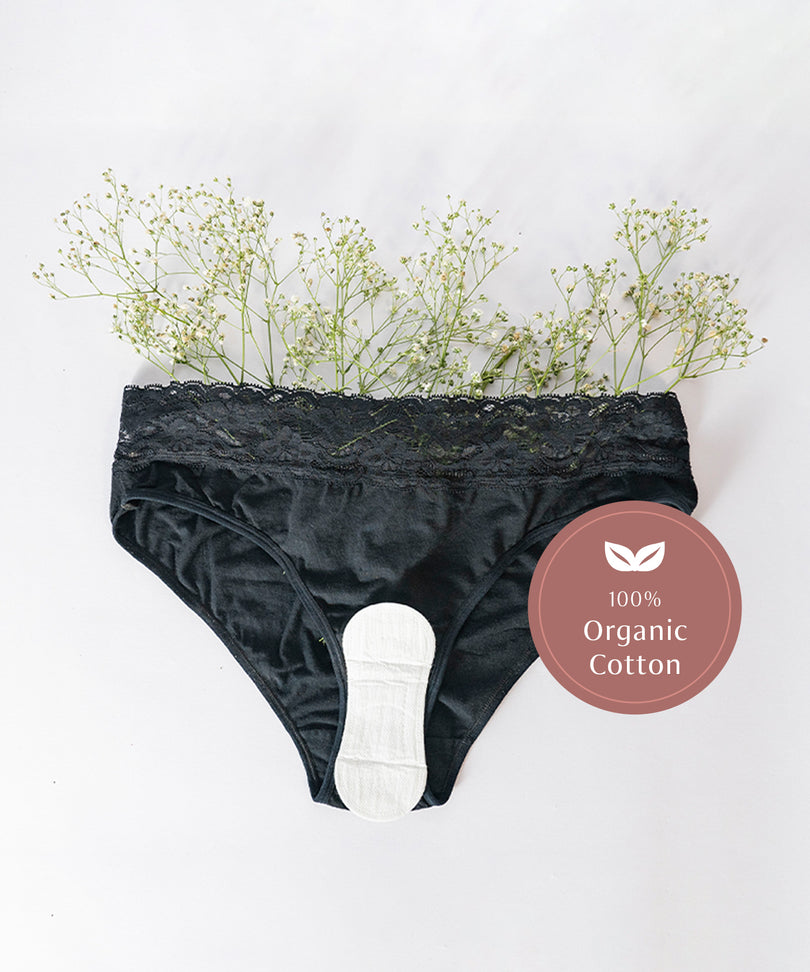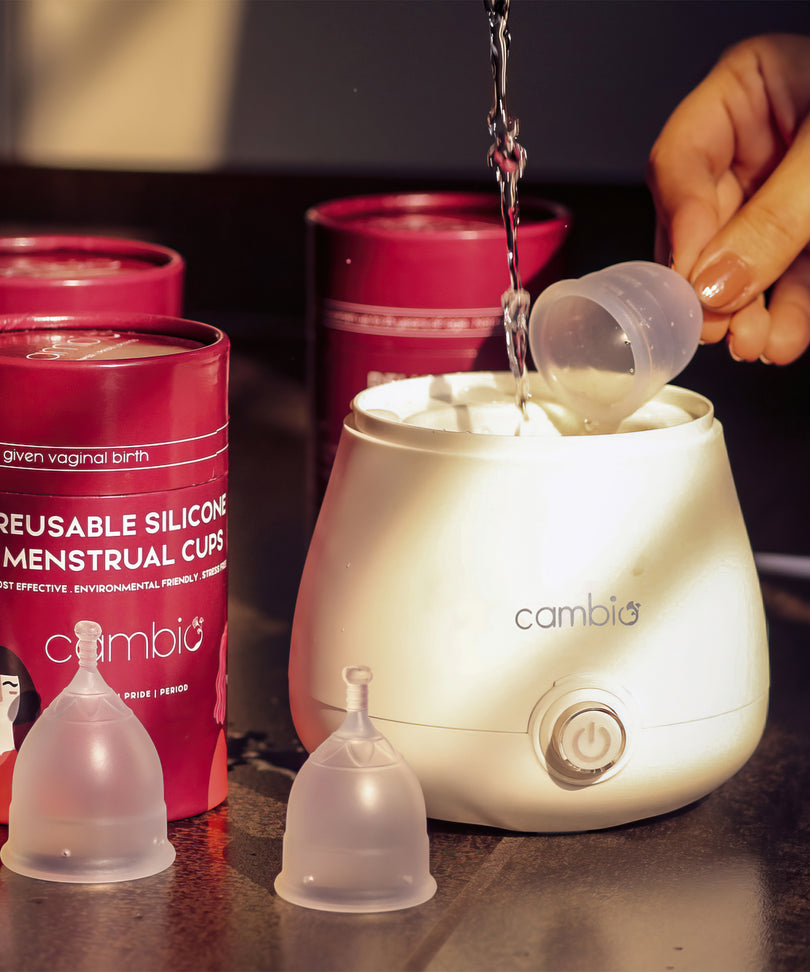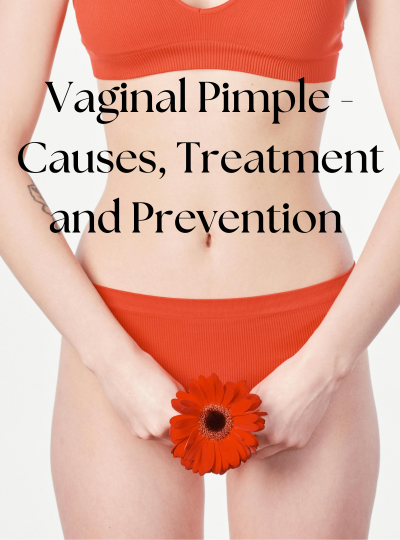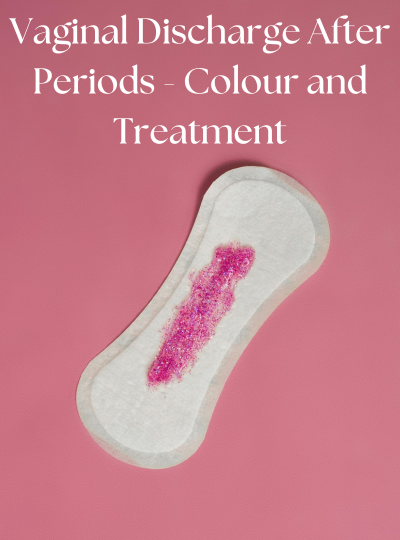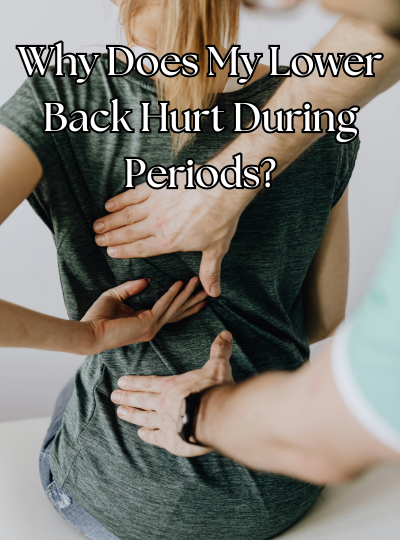What are Vaginal Pimples?
Vaginal pimples, also known as vulvar pimples or vestibular pimples, are small red bumps that appear on the outer lips of the vagina (labia majora or labia minora). They can be caused by clogged pores, but in the vaginal area, this can happen due to various factors like sweat, friction or irritated skin. Vaginal Pimples can also indicate infection if they have a white or pus-filled centre.
What causes pimples in the vaginal area?
According to Cleveland Clinic, the Following factors may contribute to causing pimples in the vaginal area:
- Contact Dermatitis: Irritation from materials like sanitary pads, condoms, lubricants, wipes, detergents, or even sweat can cause bumps.
- Folliculitis: Inflamed or infected hair follicles, often triggered by ingrown hairs, shaving, or tight clothing, can manifest as bumps.
- Hidradenitis Suppurativa: A more serious condition affecting sweat glands, causing recurring, pus-filled bumps that may scar.
- Molluscum Contagiosum: A viral infection with small bumps, sometimes in the genital area, that can take months to resolve.
- Sexually Transmitted Infections(STIs): Certain STIs, like genital herpes or warts, can cause bumps or sores on the vulva.
- Skin Tags: These are harmless, small flaps of skin that can develop anywhere.
- Bartholin Cysts: Blockage in glands near the vagina can form a painful, pus-filled cyst requiring medical attention.
Such pimples are usually formed on the vulva, clitoris, and labia minora on female private parts. Although they can look scary, painful and irritating, several treatments are available upon consultation with your healthcare provider.
Also read - Can sanitary pads cause yeast infections?
Are pus-filled pimples on female private parts different from regular bumps?
Yes, pus-filled bumps on the labia (outer lips of the vulva) can be different from normal bumps in a few key ways:
- Cause: Normal bumps might be caused by irritation (contact dermatitis), ingrown hairs (folliculitis), or even harmless skin tags. Pus-filled bumps, however, often indicate an infection.
- Appearance: Pus-filled bumps typically appear red and inflamed, with a visible white or yellow centre filled with pus (infected material). Regular bumps might be red or irritated, but wouldn't have the telltale pus center.
- Pain: Pus-filled bumps are often more painful than regular bumps due to the underlying infection.
How do you tell if a pimple on the vulva is an STD?
To determine if a bump on your genital area is an STD, consider the number of bumps, shape or colour (cauliflower-like for warts), or the presence of itching, burning, or discharge. If you're unsure, or uncomfortable, or the bump persists, seek medical attention ASAP. Typically, a bump should go away in a week.
Also read - Can sanitary pads cause rashes?
Is it safe to pop a vaginal pimple?
It is not recommended to pop a vaginal pimple. Popping it can lead to the spread of bacteria around the area which increases the chances of an infection, and can also lead to more vaginal pimples. and A popped pimple is also more likely to feel irritated, especially in the genital area on which the skin is thin and sensitive.
How long do pimples on the vaginal lip last?
Vaginal pimples usually clear up within a week. Larger ones, infections, or picking at them can extend healing time.
Also read - Can yeast infection delay Your period?
How to get rid of vaginal pimples?
If your pimple is not accompanied by other unexplained symptoms like a fever and doesn’t match the appearance of an STD bump, you can go through with some home remedies to ease the irritation and help it clear up faster.
- Warm Compress: Soak a washcloth in warm water, hold it gently against the pimple for 10-15 minutes several times a day. This can help reduce inflammation and promote healing.
- Breathable Underwear: Cotton underwear allows air circulation and prevents moisture buildup, both of which can irritate the pimple.
- Antihistamines (if applicable): If your pimple is itchy and seems like an allergic reaction, consider taking an over-the-counter antihistamine after consulting your doctor.
- Pubic Hair Removal: Be gentle when shaving or trimming pubic hair to avoid ingrown hairs, which can worsen the pimple. Consider alternative hair removal methods if irritation persists.
- Consult a Doctor for Medication: In some cases, your doctor might prescribe topical antibiotics or other medications to treat the pimple, especially if it's persistent or infected.
- Tea Tree Oil(with caution): Tea tree oil has natural antibacterial properties. However, dilute it with a carrier oil like jojoba oil before applying a small amount topically. Patch test on a different area first to check for irritation.
- Gentle Acne Wash: Use a gentle, fragrance-free cleanser specifically formulated for acne-prone skin to cleanse the area without irritation.
- Antibacterial Soap(use sparingly): While occasional use of a gentle antibacterial soap can help keep the area clean, avoid using it excessively as it can disrupt the natural vaginal microbiome.
- Prioritize Hygiene: Maintain good hygiene by showering daily and keeping the vulva clean with warm water and a gentle cleanser.
- Loose Clothing: Opt for loose-fitting clothing made from breathable fabrics like cotton to avoid friction and irritation.
Is it normal to have pimples in your vagina?
While the vagina is not as common a body part to get a pimple as the face or the back, it is totally normal as the vagina’s pores can also get clogged since the genital area is prone to sweating more due to the higher number of sweat glands down there.
If you get vaginal pimples on a regular basis and it bothers you, its worth taking a closer look into your hygiene to determine which habits may be causing them to persist. Wearing breathable cotton underwear, changing clothes when sweaty, trimming hair instead of shaving and using organic period products are some of the best measures to apply to your hygiene to prevent vaginal pimples in the future.
More to read
Period blood bright red and watery
What happens if we eat papaya during periods?

